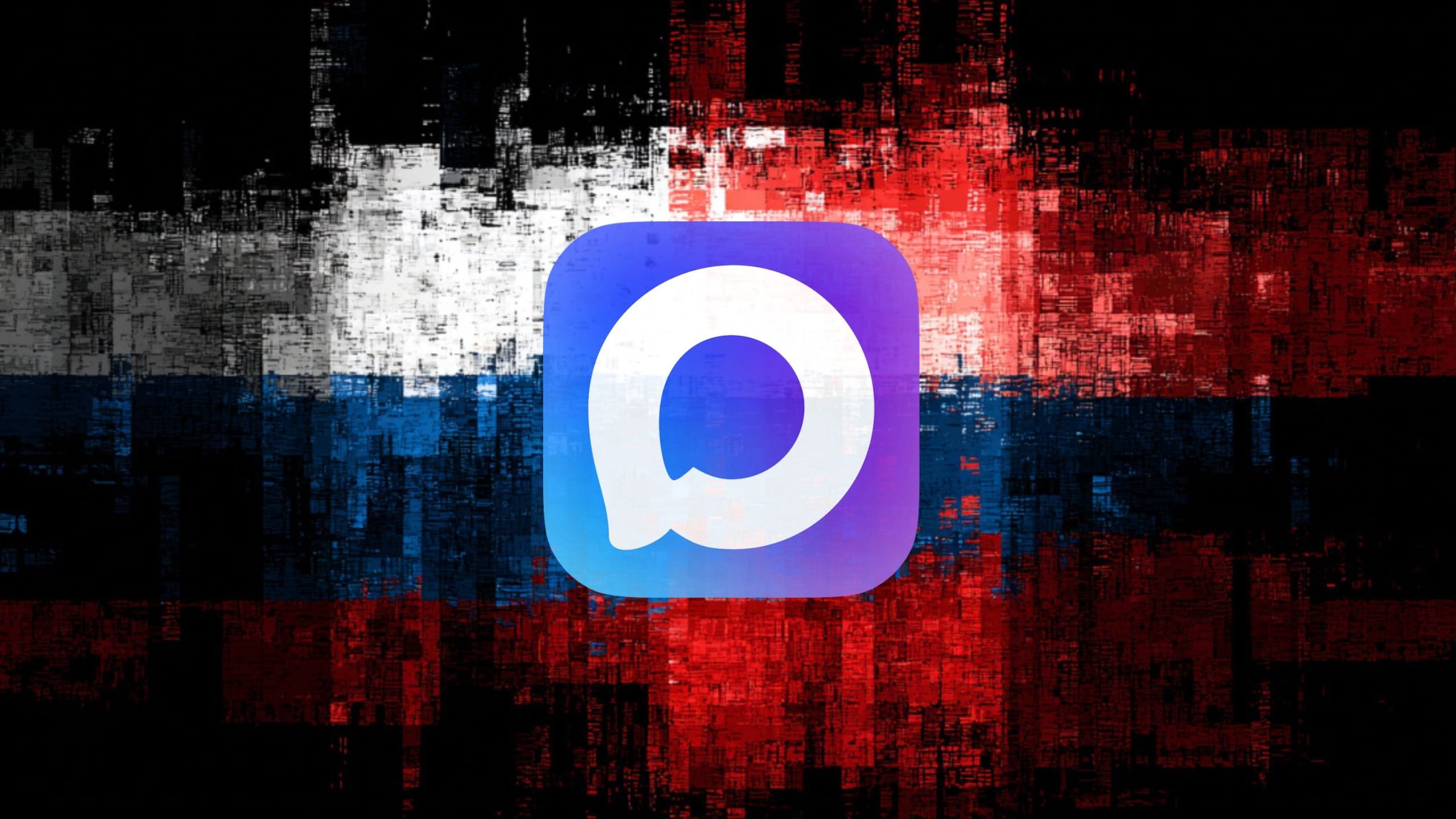Governments around the world are increasingly turning to digital ID systems, and Russia is the latest example of how these tools can be tied directly to state control.
The country has begun testing a digital identification feature inside Max, a messaging platform created by VKontakte and tightly aligned with the government.
The app is being built as an all-in-one hub, offering communication, payments, government portals, and commercial services in a model echoing China’s WeChat.
The Ministry of Digital Development, Communications, and Mass Media is overseeing the pilot, which started last week, according to Izvestia.
Adults who want to activate the feature must link their Max account with Gosuslugi, Russia’s state services portal.
Verification requires either biometric data stored in the Unified Biometric System or a passport upload, combined with a selfie.
Once confirmed, the app generates a dynamic QR code stored on the user’s device, serving as their official digital ID.
Initial tests are limited to proving age at Magnit supermarkets in Moscow, St. Petersburg, and Krasnodar.
Officials plan to extend the system far beyond supermarkets.

State agencies will gain verified user profiles, while companies can provide access to mini-apps and chatbots for tasks ranging from paying fines to booking medical visits, similar to China’s WeChat.
On top of that, content creators are being encouraged to use Max, and as of September 1, the app must be pre-installed on every smartphone sold in the country.
The reach of this project raises sharp questions about privacy and surveillance.
Max’s terms allow user data to be shared with government bodies, and VKontakte has a track record of close cooperation with authorities.
With so many essential services tied into one state-controlled app, users risk handing over sensitive personal information without meaningful safeguards or alternatives.
The timing also comes as Russia exerts tighter control over online communication.
In August, Telegram and WhatsApp faced restrictions after officials accused them of enabling criminal activity and terrorism.










